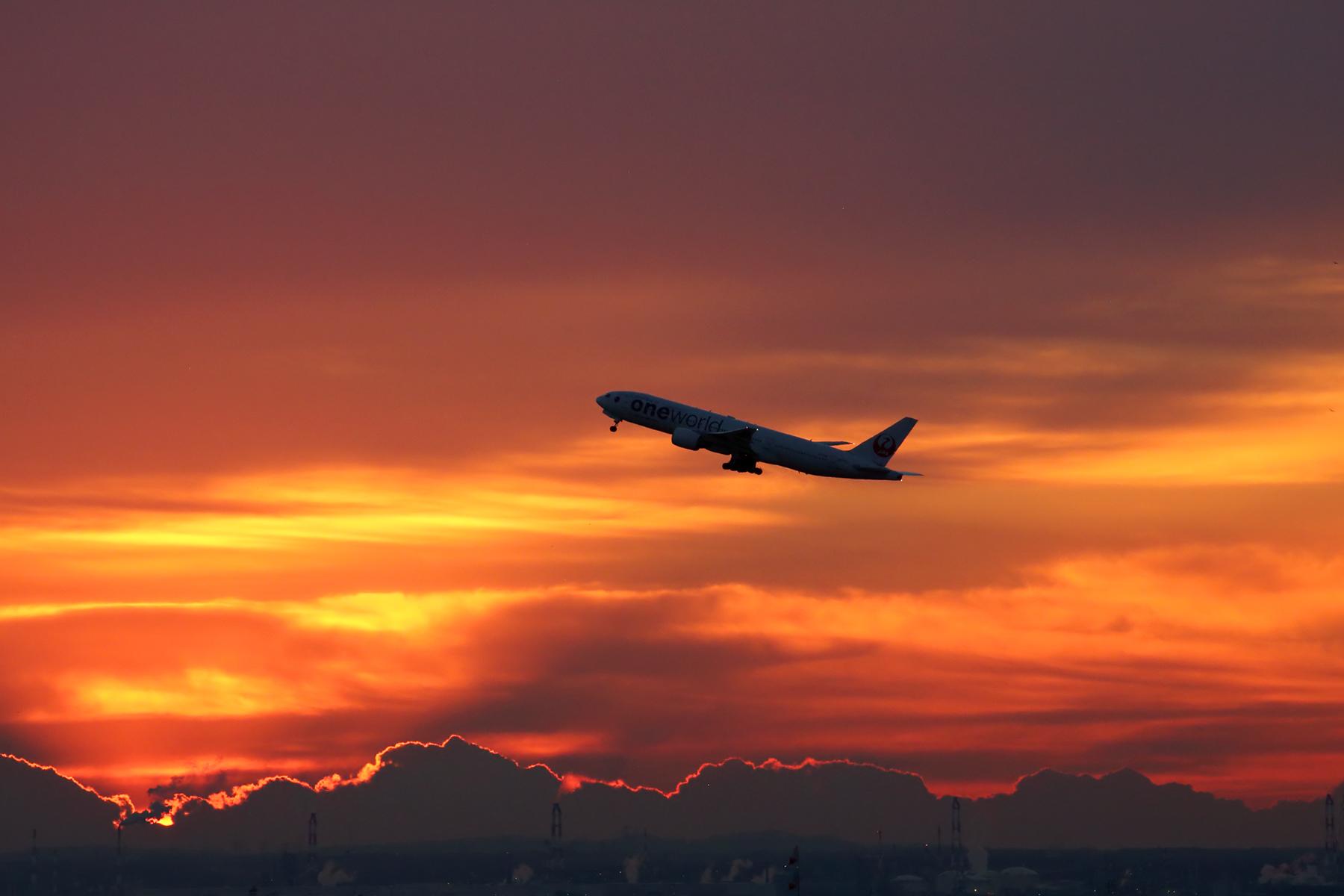EDITORIAL: Airlines Are In Apocalypse, But Here’s Also An Opportunity To Restore Customer Trust

IATA director general and CEO Alexandre de Juniac is a sophisticated businessman at ease with the higher echelons of this industry and governments. But his distress was visible today as he provided media with another update on the dire liquidity situation that the COVID-19 virus poses for airlines.
“For airlines, it’s apocalypse now,” de Juniac said. “There is a small and shrinking window for governments to provide a lifeline of financial support to prevent a liquidity crisis from shuttering the industry.”
He repeatedly used the words “now,” “emergency” and “urgent” in his plea for governments everywhere to rapidly provide the $200 billion IATA estimates is necessary to keep them afloat. In a few short and stunningly awful days, IATA’s prediction for the passenger revenue shortfalls that airlines will endure has more than doubled from $113 billion to $252 billion. That money is needed now, not tomorrow. Laying off workers is not the answer (though some have already been forced to do so) because it will delay or even prevent them from restarting flight operations as soon as the pandemic recedes—the quickest way to recharge economies. It’s also not the human response. Some 2.7 million jobs are directly related to airlines and many of those people are continuing to work on the front lines in incredibly stressful situations. In total, some 65 million jobs are generated by and related to air transport. The global economy needs them.
But while the cry for financial support by airlines is genuine, this catastrophe should also be a reminder to airlines that they are in a service industry, which means they are in the people business. Some airlines are doing a much better job than others in conveying how they truly understand that. Some of the public resistance to including airlines in government bailout packages is, frankly, payback for the way airlines have not always been transparent about what is included in a ticket. Airlines have not fully and satisfactorily explained the ancillary revenue model. And they have been dismissive of complaints about smaller seats, shrinking legroom and disappearing food and beverage service.
In the post-pandemic world, airline cost discipline will be more crucial than ever, but so will exemplary customer service. And while airline executives are rightly focused now on survival, they must also use these unprecedented times not simply to reassure passengers about travel safety and their heightened cleaning procedures, but to demonstrate why they truly value customer loyalty and appreciate every single paid-for ticket.
Frequent flyers want to know that their loyalty member tiers will be maintained even though their ability to fly has been severely restricted for weeks or months. Infrequent flyers and those on strict travel budgets want to know their “basic economy” ticket doesn’t come with a “back of the bus” service. Airlines are, quite understandably, asking customers for patience as their reservation agents are overloaded and schedules are falling apart. In return, however, airlines must show that they will reward each passenger’s patience with a fair and compassionate solution to changed travel plans.
Most airlines are posting their changed flight policies on their websites, but that comes across as a checklist. Some are making the messaging much more human and direct by posting videos of their senior customer service executives summing up their contingency plans and, more importantly, thanking their customers. Airlines need to do much more of this as urgently as they are addressing the cash crisis. Take a look at the what American Airlines SVP-customer service Kurt Stache, Air France VP-customer service Stephanie Charlaix and JetBlue president and COO Joanna Geraghty have put on their respective airline websites as examples.
As they ask for more, airlines must also show how they will give more when the world is ready to fly again.
Karen Walker/ATW [email protected]
